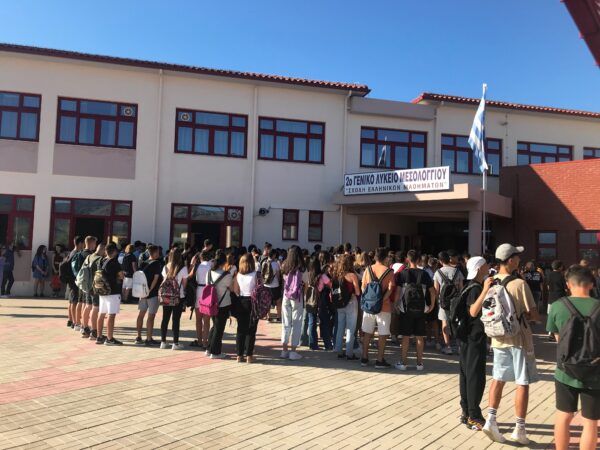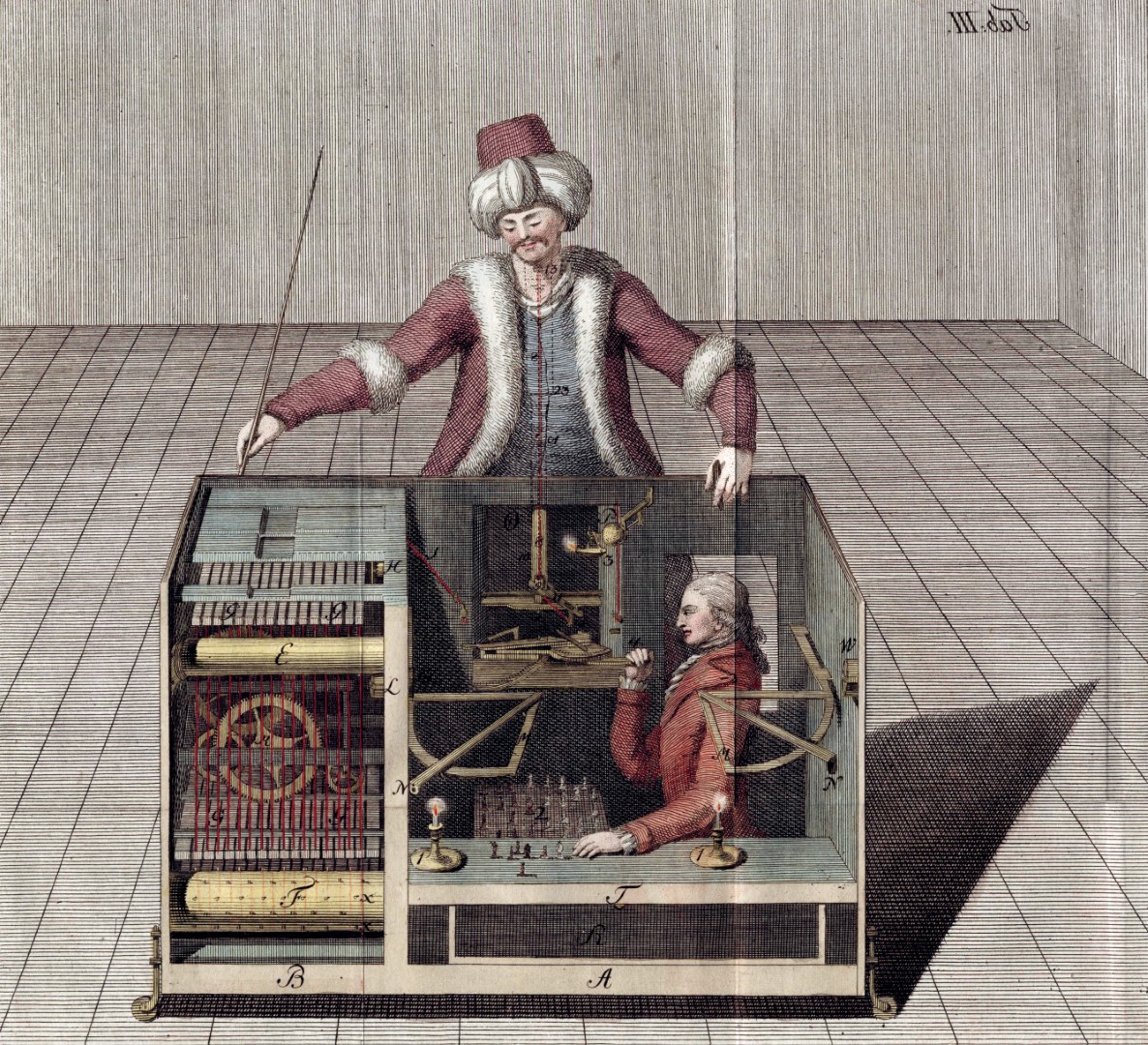Another tone of the Education Inspectorate, at the request of the schools: more attention for what is going well
/s3/static.nrc.nl/images/gn4/stripped/data130922125-c9c7c5.jpg|https://images.nrc.nl/nRINTyixmFrBuDlyYuQRfgQGh3o=/1920x/filters:no_upscale()/s3/static.nrc.nl/images/gn4/stripped/data130922125-c9c7c5.jpg|https://images.nrc.nl/Snc-KwUTIsNp1fQhz9E1ntujqJo=/5760x/filters:no_upscale()/s3/static.nrc.nl/images/gn4/stripped/data130922125-c9c7c5.jpg)
In fact, Dutch education is still not going well, according to the Wednesday published Educationthe annual report of the Education Inspectorate. But this year the inspection tries to put in its main message a little more positive. It is not really motivating that every year only the emphasis is on what is going badly, she was told from the educational field.
« It is now aware that language, arithmetic and citizenship is not going well, » says Inspector General Alida OPPers via a video connection. “Every time requires his own approach, so we decided to tone of voice to change. We have also tried to give a more precise insight into the causes of the problems and what can be done about it. That works stimulating than just determining what is not going well. «
In the report, the Inspectorate sees setbacks this year as ‘opportunities’ and ‘unused talent’
In the preface of the State, the inspection points to the large amount of recovery assignments on citizenship education it has given: at 57 percent of the primary schools investigated and at 62 percent of secondary schools. A recovery assignment is a shortcoming that a school must recover within a certain time. The inspection then immediately writes that teachers earn ‘support’ in ‘the challenging task to ensure peace, tolerance and a respectful dialogue’. She mainly looks at the government. It must show ‘exemplary behavior’ in the press release at the State.
In the report, the Inspectorate sees setbacks this year as ‘opportunities’ and ‘unused talent’. Such as the many children who start primary school with a language deficiency. The lagging education for newcomers is also mentioned and the insufficient support for ‘home sitters’.
Furthermore, the Inspectorate The State starts with good news about language and arithmetic: in recent years there has been more and more attention for basic skills (language, arithmetic and citizenship), in government programs and in the educational field. This has partly led to the Corona arrears in primary education. The inspection even gives ‘a compliment’ to ‘everyone involved’.
Constructive attitude
The PO Council and the VO council, the advocates of primary education and secondary education respectively, confirm that they needed a different tone. « You know every year that the state is coming and at some point expected schools: it will be a negative story again, because that is it every year, » says a VO-council spokesperson. « And each time a roaring press release appeared for the stage, while the story is often more nuanced when you look at the underlying data of the state. We are therefore happy with the more constructive attitude. »
With a final judgment you stick a sticker at a school: good or not good
That comment about nuance at least agrees when it comes to final judgments that it gives to a school. After an inspection visit, a school can get the judgment sufficient, insufficient or very weak. « With a final judgment you stick a sticker at a school: good or not good, » says Oppers. « That does not do justice to the variation, because in some parts a school with an insufficient can score well. »
The other way around it also applies, according to the Inspector General. It is then important that a school works on that part and does not lean back because of the sufficient. That is why the inspection looks with great interest at an experiment from the English Education Inspectorate whereby no more final judgment is given, she writes in the state of education.
So this year it has quite a different approach than in previous years. OPPERS: « We went for encouraging formulations, but the results are generally not very positive. We can’t make them any better than they are. »
Photo Kim van Dam/ANP
Reading level
Later in the report, despite the stimulating tone, worrying findings can still be read. Just like last year, sample research shows that 20 percent of schools in primary education and continued scores insufficiently. The inspection does that analysis in addition to its regular investigation, whereby she only visits schools that she suspects are not performing well enough. The sample is not yet extensive enough to be representative (that is them for primary education only next year and for it in three years), but it is significant that the percentage will reach 20 percent both last year and this year, according to OPPers.
Primary education scores the worst on the ‘View of Development’ section. This is about, for example, whether students receive sufficient guidance and whether the school is fighting structured backlogs. In secondary education, relatively many recovery assignments were given on the ‘pedagogical-didactic action’ section. This includes coordinating education with the different educational needs of students.
Relatively most of the recovery assignments were given in both education species on the basic skills section. It has been bad for years in Dutch education. In primary education, students are back at the level of before Corona, but then things were not going well either. The concerns of the inspection focus in particular on the lower classes of secondary education. 64 percent of students in year two of VMBO -Basis and framework do not achieve the required level for reading skills. Things are going a bit better on VMBO-T, HAVO and VWO, but the reading level will continue to decrease since 2018. The calculation level was also taken between school year 2022-2023 and 2023-2024 at almost all school levels in the lower classes.
Last year the inspection also started with sample research on MBO. She emphasizes that this is not (yet) representative, because only 83 studies have been done. In this first series, 45 percent of the courses were assessed with an insufficient. That high percentage is mainly due to the ‘Study success’ section. With that standard, unlike in primary education and secondary education, the number of undeclared school leavers is mainly looked at. That is relatively high on MBO.
Read also
Visiting fewer schools, but doing more intensive research is now the working method of the Education Inspectorate

/s3/static.nrc.nl/images/gn4/data133314127-765aec.jpg)
:format(webp)/s3/static.nrc.nl/wp-content/uploads/2025/06/05163439/data133217982-f902a2.jpg)
/s3/static.nrc.nl/wp-content/uploads/2025/06/06205808/web-0606BINspermadonatie.jpg)




